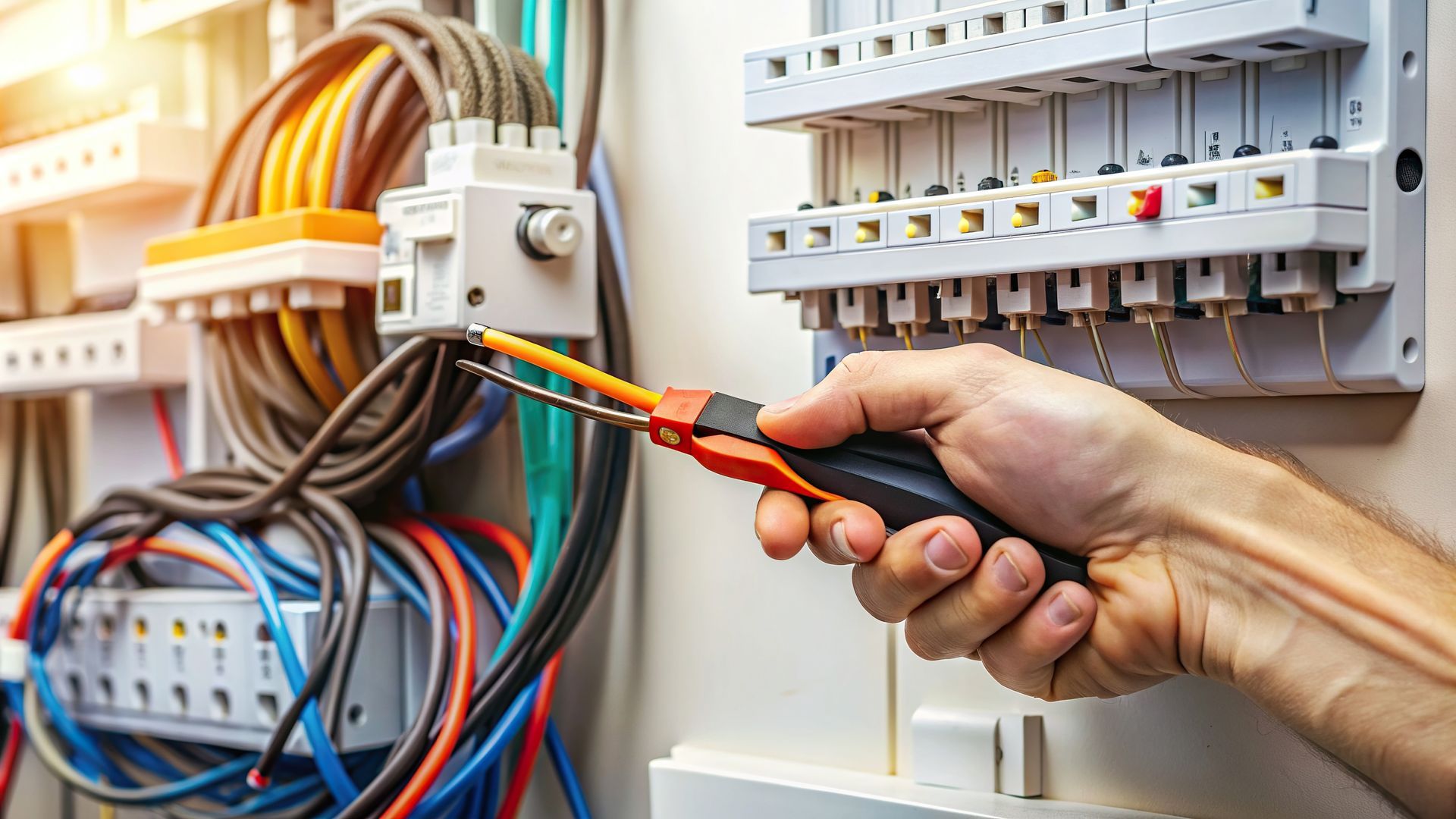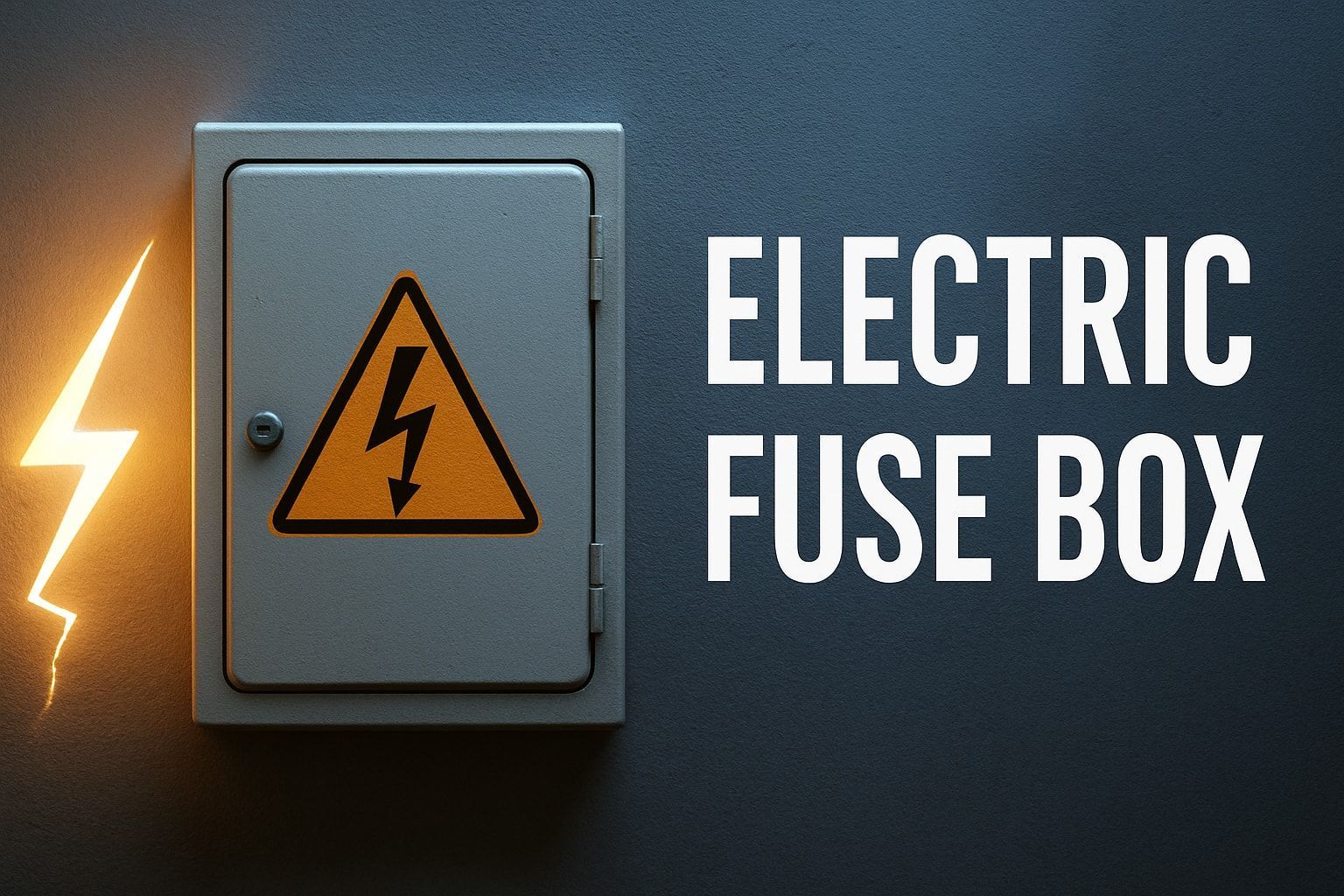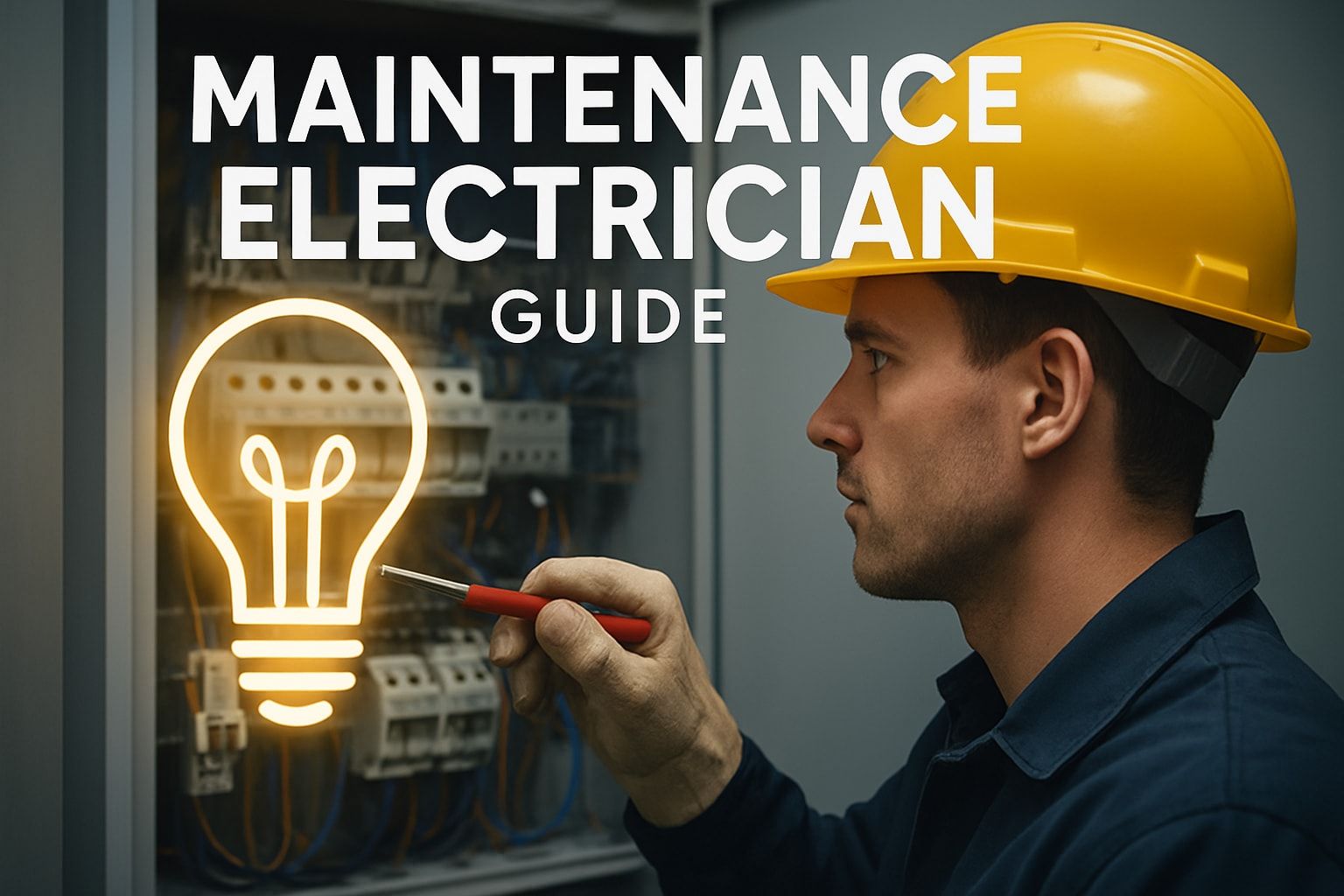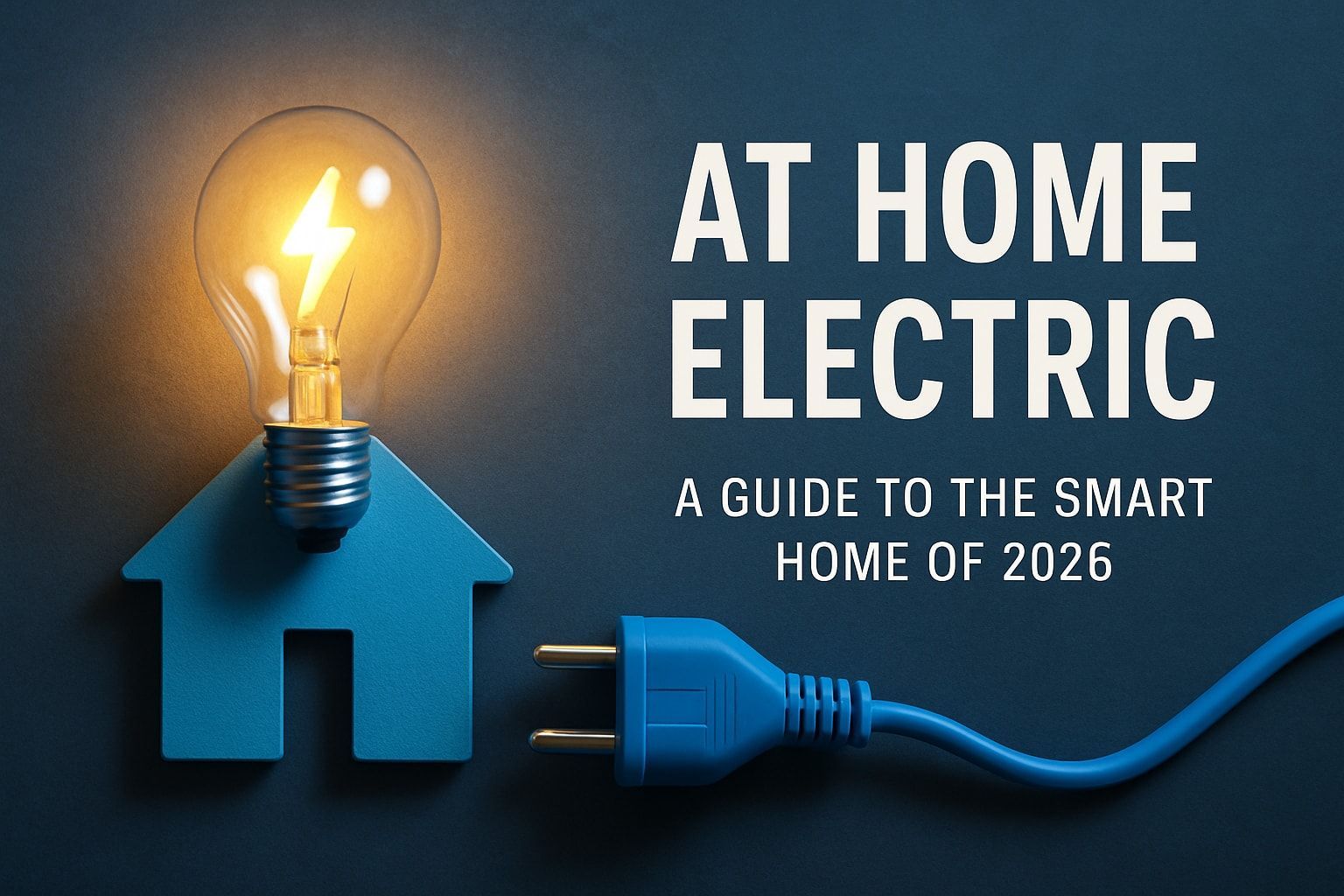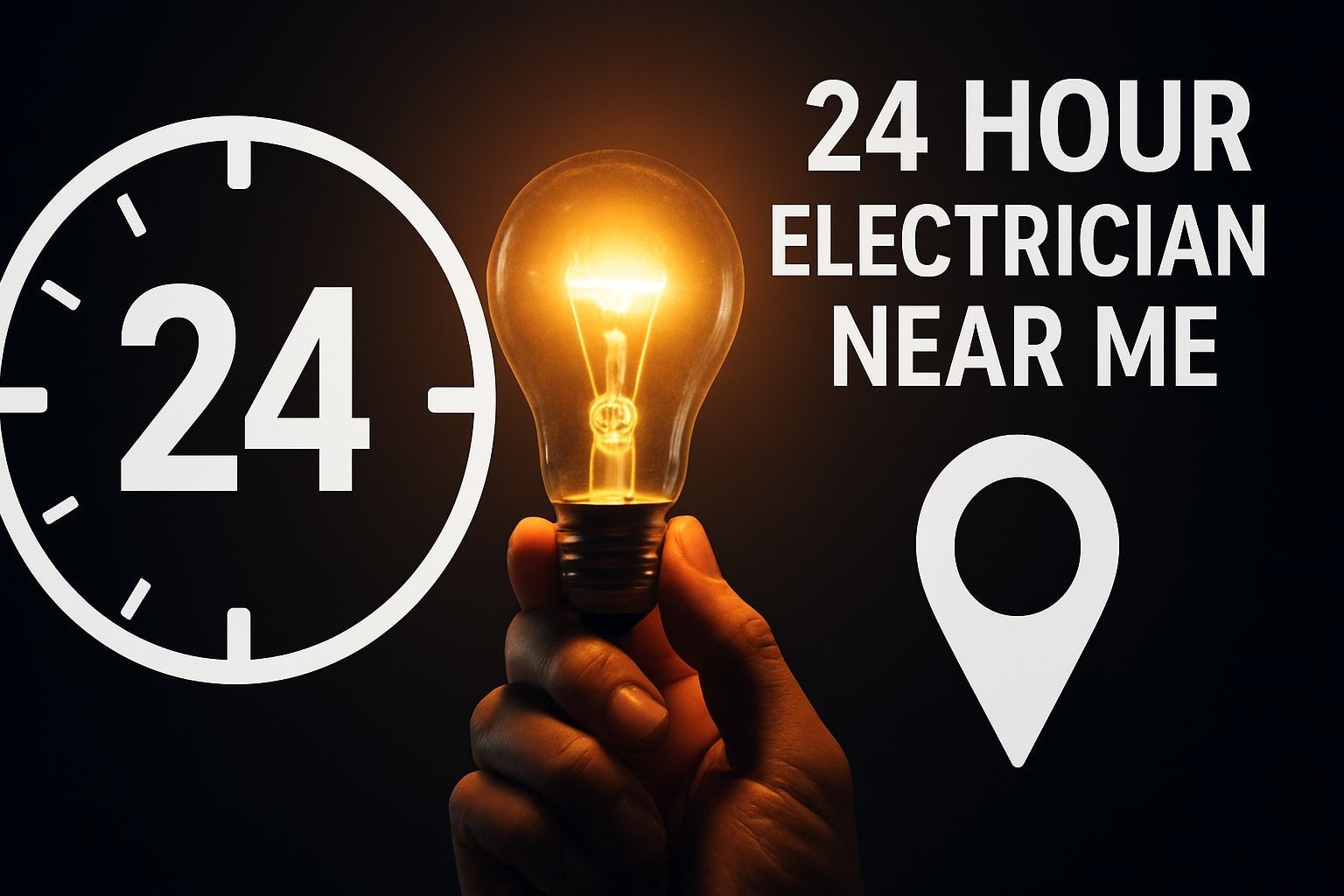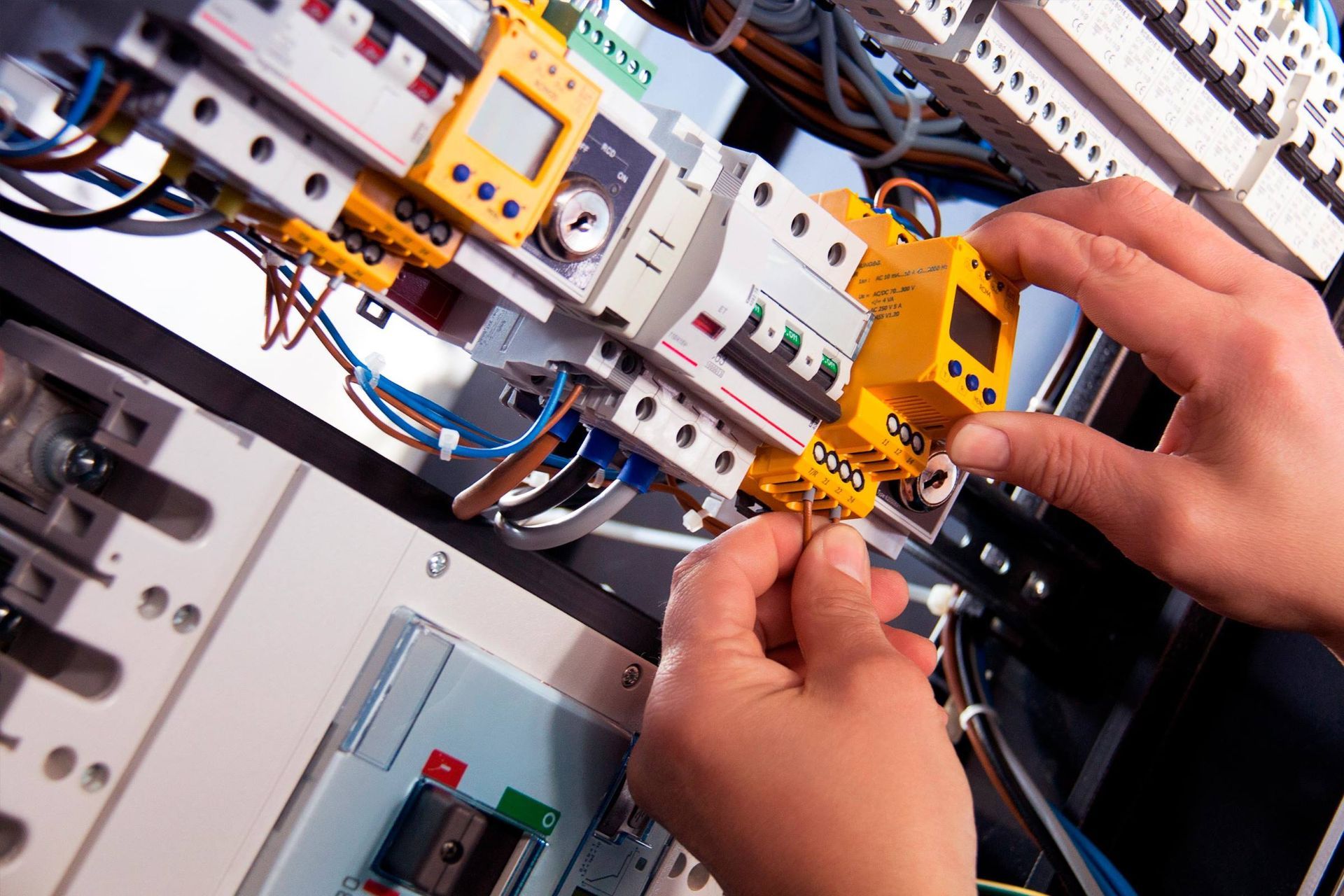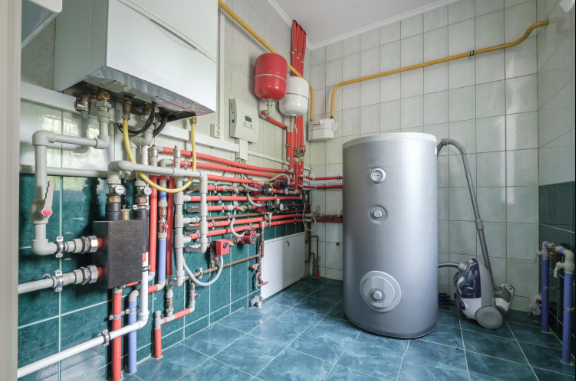Electrical Considerations for Home Renovations
Essential Electrical Considerations that Should be Part of Any Home Renovation Project
Planning Your Electrical Future
When embarking on a home renovation project in Toronto or the GTA, electrical considerations should be among your top priorities. Modern homes demand increasingly sophisticated electrical systems to support our tech-filled lifestyles, and renovation projects present the perfect opportunity to upgrade outdated wiring, enhance safety, and prepare your home for future needs. At BradCon Electrical, we've guided countless homeowners through the electrical aspects of their renovation projects, ensuring their homes are not only beautiful but also safe and functional.
Proper electrical planning early in your renovation process can save you significant time, money, and frustration. Let's explore the essential electrical considerations that should be part of any home renovation project.
Assessing Your Current Electrical System
Before making changes, it's crucial to understand what you're working with. A thorough assessment of your current electrical system will inform all subsequent decisions.
Electrical Panel Capacity
Your electrical panel is the heart of your home's electrical system. During renovations, consider whether your current panel can support your planned upgrades and additions.
Signs you may need a panel upgrade:
- Your home has a panel rated less than 100 amps (most modern homes require at least 200 amps)
- You experience frequent circuit breaker trips
- Your panel uses fuses instead of circuit breakers
- You're planning to add major appliances or systems (like central air conditioning or an EV charger)
- You're adding significant square footage to your home
A panel upgrade typically costs between $2,000-$3,500 in Toronto, depending on your specific requirements, but it's an investment in both safety and functionality that pays dividends for decades.
Wiring Assessment
The condition and type of wiring in your home significantly impacts safety and functionality. Older Toronto homes may have outdated wiring systems that warrant attention during renovations:
Types of outdated wiring to look for:
- Knob and tube wiring: Common in homes built before 1950, this wiring system lacks a ground wire and can be a significant safety concern.
- Aluminum wiring: Used in homes built between 1965 and 1975, aluminum wiring can lead to loose connections and potential fire hazards if not properly maintained.
- Ungrounded wiring: Two-prong outlets indicate ungrounded wiring, which lacks the safety features of modern electrical systems.
If your renovation involves opening up walls, it creates an ideal opportunity to replace outdated wiring with modern, safer alternatives.
Code Compliance and Permits
Electrical work during renovations must comply with the Ontario Electrical Safety Code and local building regulations. As of 2025, Ontario has adopted the 2024 Ontario Building Code, which includes updated electrical requirements.
Permit Requirements
In Toronto, electrical work typically requires permits and inspections from the Electrical Safety Authority (ESA). According to Ontario law, electrical work must be performed by a licensed electrical contractor or the homeowner of record.
When electrical permits are required:
- Installing new circuits or outlets
- Upgrading your electrical panel
- Adding or relocating lighting fixtures
- Major rewiring projects
- Any electrical work that involves changes to your service entrance
The permit process ensures your electrical work meets safety standards and code requirements. It also creates an official record of the work completed, which can be valuable when selling your home.
Strategic Planning for New Outlets and Fixtures
One of the most common complaints in older homes is insufficient outlets for today's technology-heavy lifestyle. Renovation projects offer the perfect opportunity to address this issue.
Outlet Placement and Quantity
When planning outlet locations, consider both current and future needs:
- Kitchen areas:
Plan for multiple dedicated circuits to accommodate high-demand appliances like refrigerators, microwaves, and dishwashers. Consider adding outlets above countertops for small appliances.
- Living and entertainment spaces: Install additional outlets for entertainment systems, with consideration for wall-mounted TVs and associated components.
- Home office spaces:
Ensure ample outlets for computers, printers, chargers, and other office equipment.
- Bathrooms and wet areas:
Include GFCI (Ground Fault Circuit Interrupter) outlets for safety in areas where water is present.
Lighting Considerations
Lighting dramatically impacts both the functionality and aesthetics of your renovated space:
- Layered lighting approach:
Incorporate ambient, task, and accent lighting for flexibility and visual interest.
- Smart lighting systems:
Consider pre-wiring for smart lighting controls that allow for customized scenes and remote operation.
- Energy efficiency: Plan for LED-compatible fixtures and dimmer switches to reduce energy consumption.
- Future modifications:
Install junction boxes in strategic ceiling locations even if you're not adding fixtures immediately, giving you flexibility for future changes.
Special Considerations for Specific Renovation Projects
Different types of renovation projects come with unique electrical requirements and considerations.
Kitchen Renovations
Modern kitchens are electrical hubs that require careful planning:
- Dedicated circuits:
Today's kitchens need multiple 20-amp circuits for major appliances, plus separate circuits for high-demand items like microwave ovens and dishwashers.
- Island power:
If you're including a kitchen island, plan for power access, either through floor outlets or ceiling drops.
- Under-cabinet lighting:
Pre-wire for under-cabinet lighting during the renovation phase to avoid surface-mounted wiring later.
- Appliance planning:
Consider the electrical requirements of all planned appliances, including specialty items like wine coolers or warming drawers.
Bathroom Renovations
Bathrooms combine water and electricity, creating specific safety requirements:
- GFCI protection:
All outlets in bathrooms must have GFCI protection to prevent shock hazards.
- Ventilation fans: Ensure proper circuits for ventilation fans, which are now required by code in bathrooms without windows.
- Heated floors:
If including in-floor heating, plan for appropriate wiring and controls.
- Lighting zones: Consider separate switches for different bathroom lighting zones (vanity, shower, general illumination).
Basement Finishing
Converting unfinished basement space presents unique electrical challenges:
- Moisture concerns: Use materials and methods suited for potentially damp environments.
- Access considerations: Plan for future access to junction boxes and connections.
- Ceiling height constraints:
Consider recessed lighting if ceiling height is limited.
- Entertainment wiring: Pre-wire for audio/visual systems if creating a media or entertainment space.
Future-Proofing Your Electrical System
A well-planned renovation considers not just current needs but anticipates future requirements as well.
Smart Home Integration
Smart home technology continues to evolve rapidly. Consider pre-wiring for:
- Centralized control systems: Dedicated wiring for home automation hubs and controllers.
- Smart switches and outlets:
Plan for locations of smart controls that may require neutral wires.
- Security components:
Pre-wire for cameras, motion sensors, and smart locks.
- Structured wiring:
Consider running conduit to make future cable upgrades easier.
Electric Vehicle Charging
With the rapid adoption of electric vehicles, preparing your home's electrical system for an EV charger is increasingly important:
- Dedicated circuit:
Plan for a 240V, 40-50 amp circuit for Level 2 EV charging.
- Charger location:
Determine the optimal location for EV charging, typically in your garage or near your parking area.
- Service capacity:
Ensure your electrical service can handle the additional load an EV charger will place on your system.
Energy Efficiency and Sustainability
Incorporate electrical elements that contribute to your home's overall efficiency:
- LED lighting: Install fixtures compatible with energy-efficient LED bulbs.
- Smart controls: Add programmable or smart thermostats for HVAC systems.
- Energy monitoring:
Consider systems that allow you to track and manage energy consumption.
Working with Professionals
While some minor electrical tasks may be suitable for DIY enthusiasts, most electrical work during renovations should be handled by qualified professionals.
Benefits of Hiring a Licensed Electrical Contractor
Working with a licensed electrical contractor like BradCon Electrical offers several advantages:
- Code compliance:
Professionals stay current with electrical codes and regulations.
- Safety assurance: Proper installation reduces the risk of electrical fires and other hazards.
- Permit handling:
Contractors can manage the permit and inspection process.
- Warranty protection:
Professional work typically comes with warranties on both labor and materials.
- Insurance considerations:
DIY electrical work may affect home insurance coverage if problems arise.
Coordinating Electrical Work with Other Trades
Effective renovation projects require careful coordination between various trades:
- Sequencing:
Electrical rough-in typically occurs after framing but before drywall installation.
- Communication: Ensure your electrician understands the full scope of the renovation, including plans from other trades that may impact electrical decisions.
- Documentation:
Maintain detailed records of all electrical modifications for future reference.
Common Electrical Mistakes to Avoid in Renovations
Learning from common mistakes can help you avoid pitfalls in your own project:
- Inadequate planning:
Failing to anticipate future needs leads to expensive retrofits later.
- Overlooking code requirements:
Non-compliant work may need to be redone at additional expense.
- Insufficient circuits:
Overloading circuits creates safety hazards and inconvenience.
- Poor documentation:
Not documenting the location of wiring behind walls complicates future modifications.
- Cutting corners on materials: Using substandard materials may save money initially but creates long-term risks.
Making Informed Decisions for Your Project
When planning the electrical aspects of your renovation, consider both immediate needs and long-term value:
- Prioritize safety:
Safety upgrades like replacing outdated wiring and adding GFCI protection should be non-negotiable.
- Balance budget and quality:
While budget constraints are real, electrical work isn't the place to cut corners.
- Think long-term:
Consider how your electrical needs might evolve over the next 10-15 years.
- Value aesthetics:
Thoughtfully placed outlets and elegant lighting enhance both the function and appearance of your renovated space.
Essential Safety Upgrades for Any Renovation
Regardless of your renovation's scope, certain electrical safety improvements should always be considered:
- AFCI protection:
Arc Fault Circuit Interrupters detect dangerous electrical arcs and can prevent fires.
- GFCI protection: Ground Fault Circuit Interrupters prevent shock hazards in wet areas.
- Smoke and carbon monoxide detectors: Update and interconnect these essential safety devices.
- Surge protection:
Whole-house surge protection safeguards sensitive electronics and appliances.
Navigating Your Electrical Renovation with Confidence
Taking on the electrical aspects of a home renovation can seem daunting, but with proper planning and professional support, you can create a system that enhances your home's safety, functionality, and value for years to come.
At BradCon Electrical, we specialize in helping Toronto and GTA homeowners navigate the complexities of electrical renovations. Our team understands the unique challenges presented by Toronto's diverse housing stock, from century-old homes in established neighborhoods to modern developments throughout the GTA.
Whether you're planning a full home renovation or focusing on specific rooms, our licensed electricians can help you assess your current system, identify necessary upgrades, and implement solutions that meet both code requirements and your lifestyle needs.
Ready to discuss the electrical aspects of your renovation project? Contact BradCon Electrical at (416) 881-4212 to schedule a consultation.

